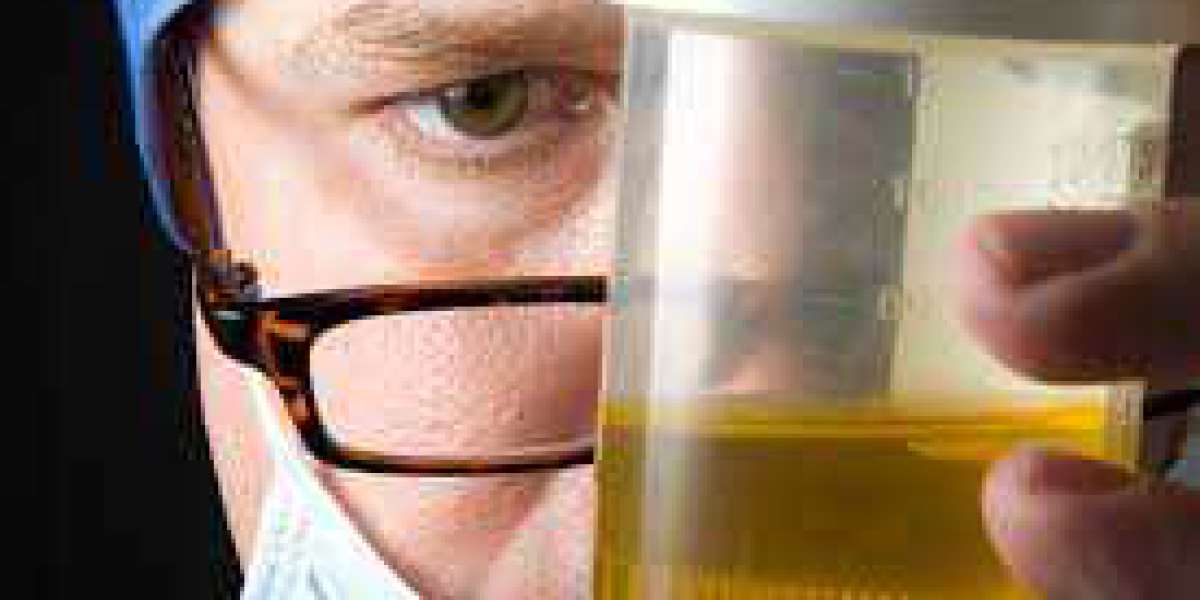Introduction
Erectile dysfunction (ED), also known as impotence, is a common condition that affects men of various ages and can significantly impact their sexual health and overall quality of life. Fortunately, numerous treatment options are available to manage and address this condition. This article aims to provide a comprehensive overview of the treatments for erectile dysfunction, ranging from lifestyle modifications to medical interventions, and shed light on their effectiveness, safety, and potential side effects.
Lifestyle Modifications
A. Healthy Diet: Maintaining a balanced diet rich in fruits, vegetables, whole grains, lean proteins, and healthy fats is crucial for overall sexual health. Certain foods such as watermelon, spinach, and dark chocolate have been associated with potential benefits for erectile function.
B. Regular Exercise: Engaging in regular physical activity can improve cardiovascular health, enhance blood flow, and positively impact erectile function. Incorporating aerobic exercises, strength training, and pelvic floor exercises can be beneficial.
C. Weight Management: Obesity and excess weight have been linked to a higher risk of developing erectile dysfunction. By losing weight through a combination of diet and exercise, individuals may experience improvements in erectile function.
D. Smoking Cessation: Smoking damages blood vessels and restricts blood flow, thereby contributing to erectile dysfunction. Quitting smoking can help improve erectile function and overall cardiovascular health.
E. Limiting Alcohol Consumption: Excessive alcohol consumption can interfere with sexual performance. Moderation or abstaining from alcohol is advisable for men experiencing erectile dysfunction.
Psychological Interventions
A. Counseling and Therapy: Erectile dysfunction can often have psychological factors as underlying causes or exacerbating factors. Seeking therapy or counseling can help address performance anxiety, stress, depression, or relationship issues that may contribute to ED.
B. Cognitive-Behavioral Therapy (CBT): CBT techniques focus on identifying and changing negative thoughts and behaviors related to sexual performance. CBT can be effective in improving erectile function by reducing anxiety and enhancing self-confidence. C. Sensate Focus: This technique involves non-sexual physical touch exercises to foster emotional intimacy and reduce performance pressure. Sensate focus exercises can help couples improve their communication and increase sexual satisfaction.
Medications
A. Oral Medications (PDE5 Inhibitors): Phosphodiesterase type 5 (PDE5) inhibitors, such as sildenafil (black Viagra 200mg), tadalafil (Cialis), and vardenafil (cheap levitra online), are commonly prescribed medications for erectile dysfunction. They work by enhancing the effects of nitric oxide, which relaxes smooth muscles in the penis and promotes blood flow. These medications have shown high efficacy rates and are generally well-tolerated, although they may have potential side effects such as headaches, flushing, nasal congestion, and indigestion.
B. Self-Injected Medications: Alprostadil, a prostaglandin E1 analog, can be self-injected into the base or side of the penis to promote erections. It works by relaxing the smooth muscles and dilating blood vessels, allowing increased blood flow. Although effective, self-injections may cause pain, bleeding, or prolonged erections.
C. Urethral Suppositories: Alprostadil can also be administered as a suppository that is inserted into the urethra using a small applicator. This method helps deliver the medication directly to the penile tissue, stimulating blood flow. Urethral suppositories may cause mild pain or discomfort in the urethra.
D. Testosterone Replacement Therapy (TRT): In cases where low testosterone levels contribute to erectile dysfunction, testosterone replacement therapy may be prescribed. TRT can help restore hormone balance, enhance sexual desire, and improve erectile function. However, it should be used cautiously, as excessive testosterone supplementation can have adverse effects.
Mechanical Devices and Surgical Interventions
A. Vacuum Erection Devices (VED): These devices create a vacuum around the penis, drawing blood into the organ and facilitating an erection. Once achieved, a constriction ring is placed at the base of the penis to maintain the erection. VEDs are non-invasive and have minimal side effects.
B. Penile Implants: For individuals who do not respond to other treatments, surgical options such as penile implants may be considered. Inflatable or semi-rigid implants are surgically placed within the penis, allowing men to achieve an erection when desired. Implants carry the risk of infection, mechanical failure, and changes in penile sensation.
Conclusion
Erectile dysfunction is a treatable condition, and several effective options are available. Lifestyle modifications, including diet, exercise, weight management, smoking cessation, and limiting alcohol consumption, can significantly improve erectile function. Psychological interventions such as counseling, CBT, and sensate focus exercises can address underlying psychological factors contributing to ED. Medications, such as PDE5 inhibitors, self-injected medications, urethral suppositories, and testosterone replacement therapy, have shown success in managing erectile dysfunction. Mechanical devices like vacuum erection devices can offer a non-invasive solution, while surgical interventions, such as penile implants, may be considered in more severe cases. It is important for individuals experiencing erectile dysfunction to consult with healthcare professionals to determine the most suitable treatment approach based on their specific circumstances, medical history, and preferences.








